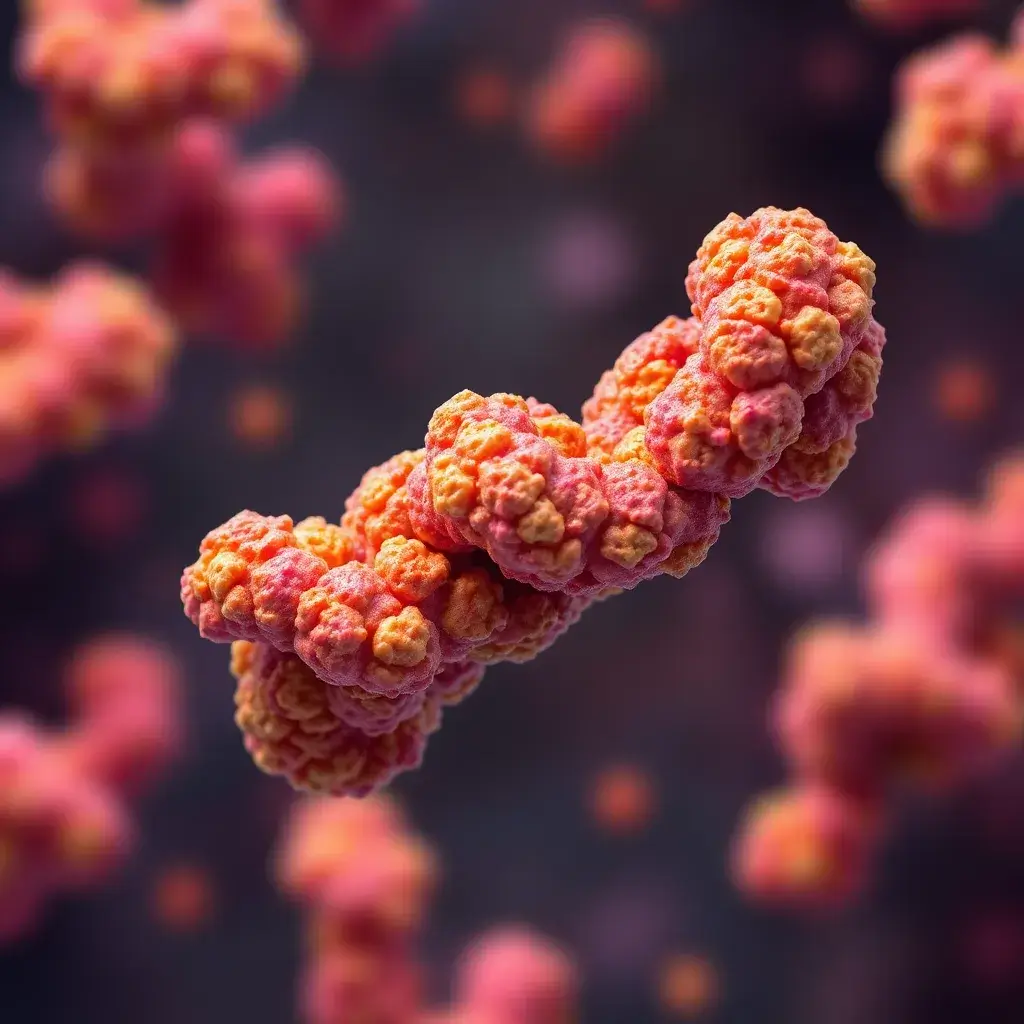
Targeted Protein Degradation
Targeted protein degradation (TPD) is an innovative drug discovery strategy that eliminates problematic proteins from cells by exploiting cellular degradation pathways with small molecules. A key mechanism in TPD is the ubiquitin-proteasome pathway, an intracellular quality control system that uses E3 ubiquitin ligases and their partners to recognize and degrade damaged or misfolded proteins through the proteasome, often referred to as the 'cellular trash can.' Proteolysis-targeting chimeras (PROTAC® degraders) are a type of heterobifunctional molecule that consist of two key components: a disease target warhead and an E3 ligase ligand, connected by a linker. Upon introduction into cells, PROTACs recruit the target protein to the E3 ligase, effectively hijacking the native degradation machinery to remove the disease-causing protein. This method of protein silencing has been likened to the chemical equivalent of CRISPR, offering precise, small-molecule-based control over protein levels in cells.